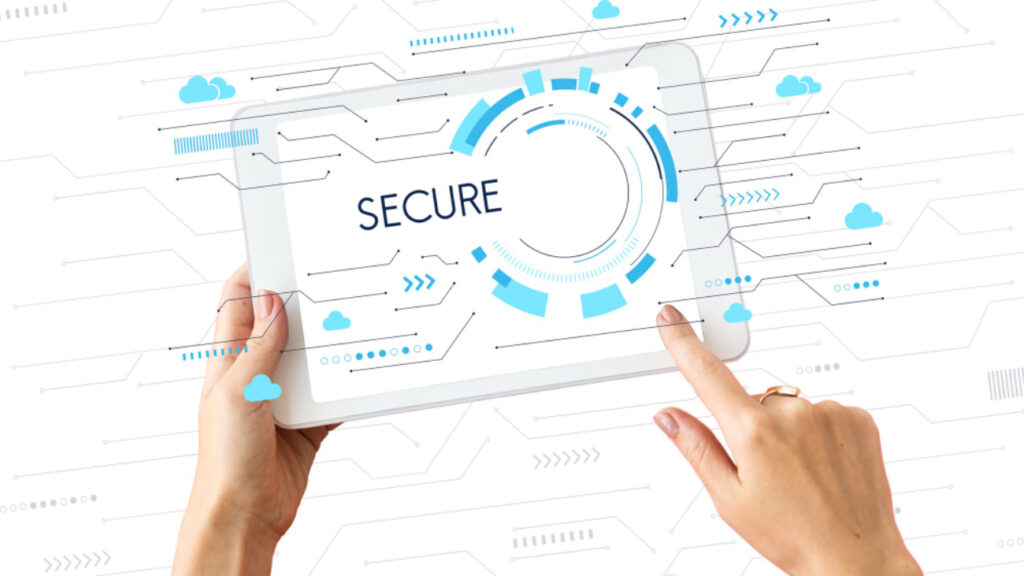The digital society, we, typically, prove we are who we say we are with mountains of personal data stated Bahaa Abdul Hadi. An online form submission, or even ID documents, has become a rite of passage as someone formally identifies themselves.
The more data we share, the greater the risk of data breaches, identity theft, or misuse. There must be a way to think differently about this. What if instead of increasing the amount of personal data we share, we can provide less personal data, and it will still maintain utmost security for our identities?
The Problem with Oversharing
Traditional identity verification often relies on collecting detailed personal information, such as names, birthdates, addresses, and social security numbers.
These data points then get stored in centralized databases, creating tempting targets for cybercriminals. Breaches of such databases have led to millions of identities being compromised, with lasting financial and emotional consequences.
Oversharing doesn’t just increase risk; it also means users lose control over their own information. Once shared, data can be copied, sold, or used in ways individuals never intended.
The Case for Sharing Less
Sharing less means only revealing the minimum necessary information to prove a claim or meet a requirement. Instead of handing over full documents or extensive profiles, individuals provide just enough proof to satisfy verification, keeping the rest private.
Key benefits of this approach include:
- Reduced Exposure: Less data shared means fewer opportunities for theft or misuse.
- Enhanced Privacy: Users retain ownership of their sensitive information.
- Improved Trust: Organizations demonstrate respect for user privacy, fostering better relationships.
- Simplified Compliance: Minimizing data collection helps meet strict data protection regulations more easily.
This shift from data hoarding to data minimalism is redefining how digital identities are managed and protected.
How Technology Supports Minimal Sharing
Several innovations enable secure identity verification while sharing less:
- Zero-Knowledge Proofs (ZKPs): These cryptographic tools let individuals prove facts about themselves without revealing the underlying data. For example, proving you’re over 18 without sharing your exact birthdate.
- Decentralized Identity (DID): Users control their digital identity on their own devices, sharing only specific attributes with service providers as needed.
- Selective Disclosure: Systems where users can choose what pieces of their identity to reveal during verification, rather than providing entire datasets.
- Biometric Verification: Using unique traits like fingerprints or facial recognition securely, without transmitting raw biometric data.
Together, these technologies support a privacy-first model where identity verification becomes less about exposing data and more about confirming legitimacy.
Building a Privacy-First Identity Ecosystem
The future of secure identity lies in creating ecosystems where privacy is central—not an afterthought. This means collaboration among tech developers, regulators, and organizations to establish interoperable standards that empower users with control and transparency.
- Encouraging open standards that promote cross-platform identity verification without centralized data repositories.
- Designing user-friendly interfaces that clearly communicate data use and consent, building confidence in privacy-preserving technologies.
- Ensuring regulations evolve to recognize cryptographic proofs and decentralized identity models as valid and trustworthy.
Such an ecosystem shifts the focus from collecting more data to verifying trust efficiently and respectfully.
Conclusion
The concept of sharing less meaning more secure identity is real. If we can start focusing on sharing only what needs to be shared and protecting everything else, we can reduce risk, increase trust and give users or people the ability to feel in control of their own personal data. This process turns identity into a strength instead of a vulnerability, and it will create a safer, more private digital world for all. The article has been authored by Bahaa Abdul Hadi and has been published by the editorial board of Identity Herald. For more information, please visit www.identityherald.com.




